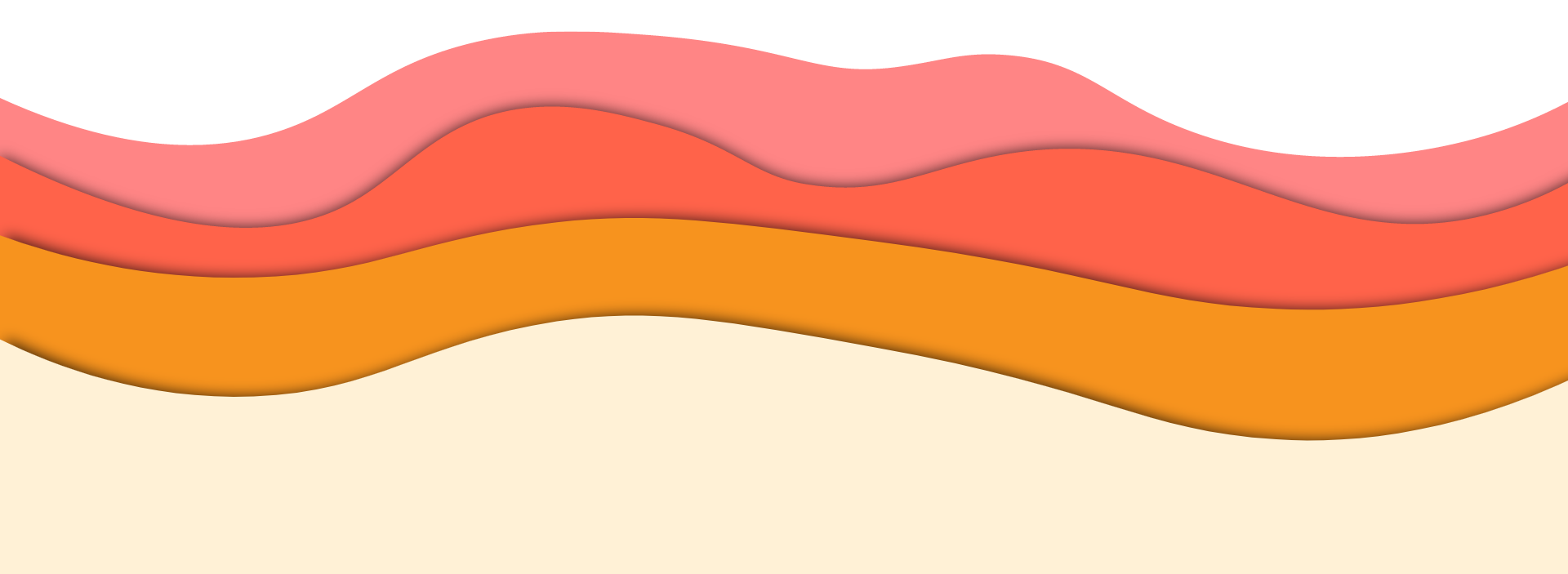What can an echo tell me about my heart?
An echo scan examines:
o The size of the heart’s four chambers
o The thickness, integrity and pumping function of the heart muscle
o The performance of the heart’s four valves, including the presence of any leaks or restrictions
o The size and function of the heart’s major blood vessels, including an assessment of the blood pressure in the lungs
o The lining of the heart, in particular any fluid collections or scarring
An echo can therefore diagnose many different heart conditions, including:
o Heart muscle disease that has developed during your life, such as damage from a previous heart attack or a severe infection
o Heart muscle disease related to high blood pressure or other medical problems
o Heart muscle diseases that are genetic (such as ‘hypertrophic cardiomyopathy’ or ‘dilated cardiomyopathy’)
o Structural anomalies that you were born with (such as a hole in the heart, or an abnormally formed valve)
o Valves that are excessively leaky (‘regurgitation’) or narrow (‘stenosis’) and therefore need monitoring or surgical replacement
o Problems with the large blood vessels connected to the heart, such as an enlarged aorta, or abnormally high pressure within the pulmonary arteries (‘pulmonary hypertension’)
Some of these conditions may require you to undergo further monitoring or investigation, family screening, treatment, or make lifestyle changes. As such, a normal echo is a very reassuring test.

